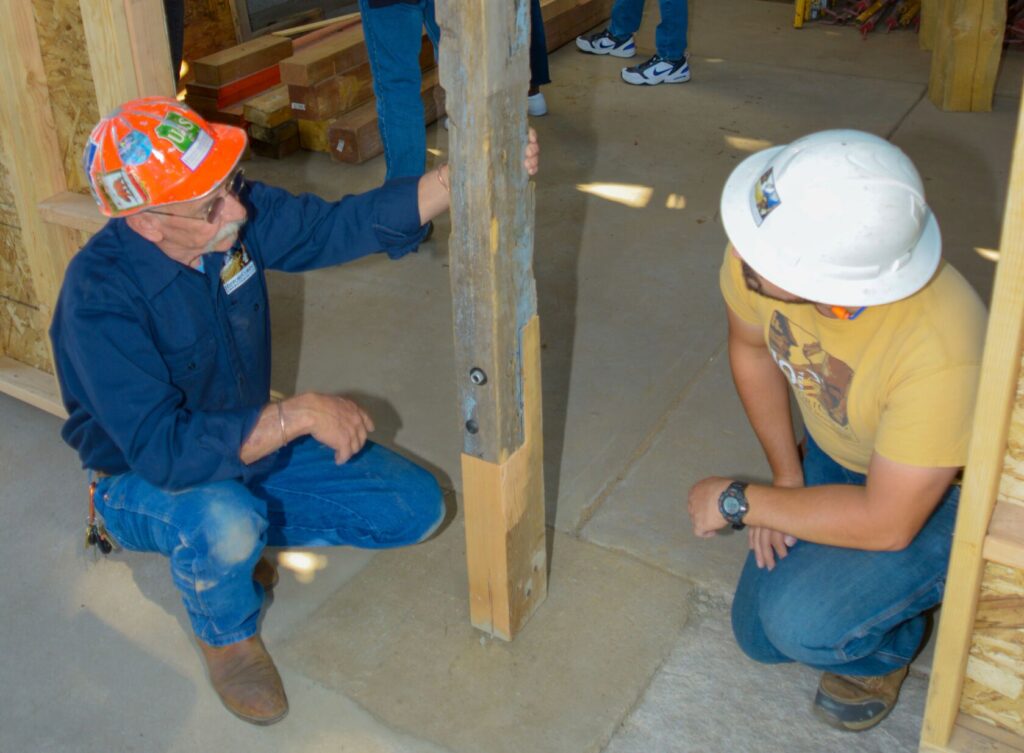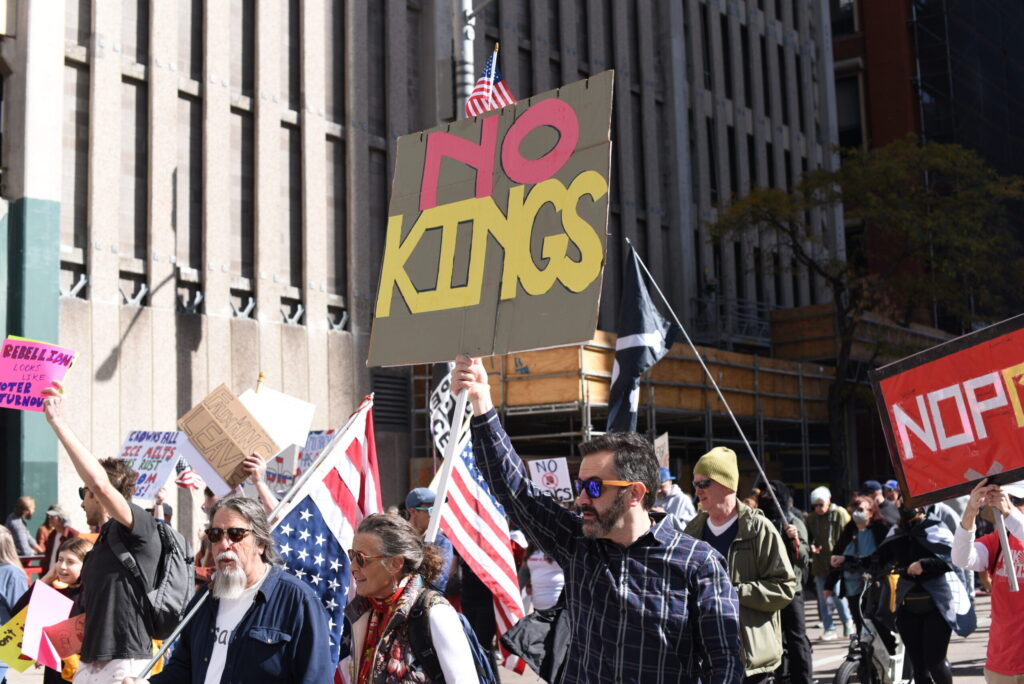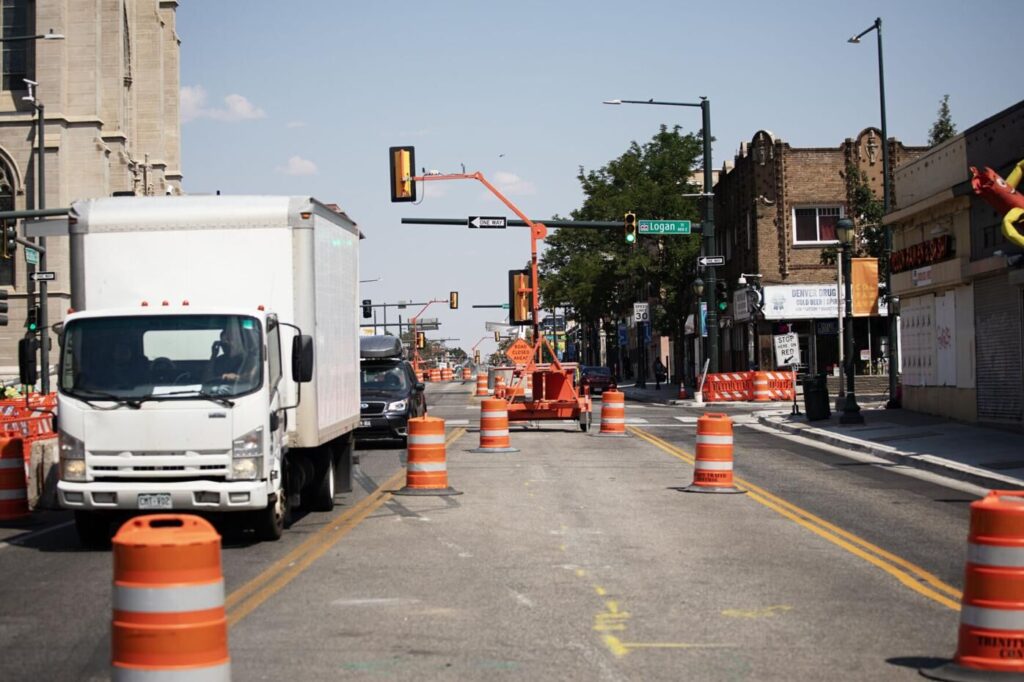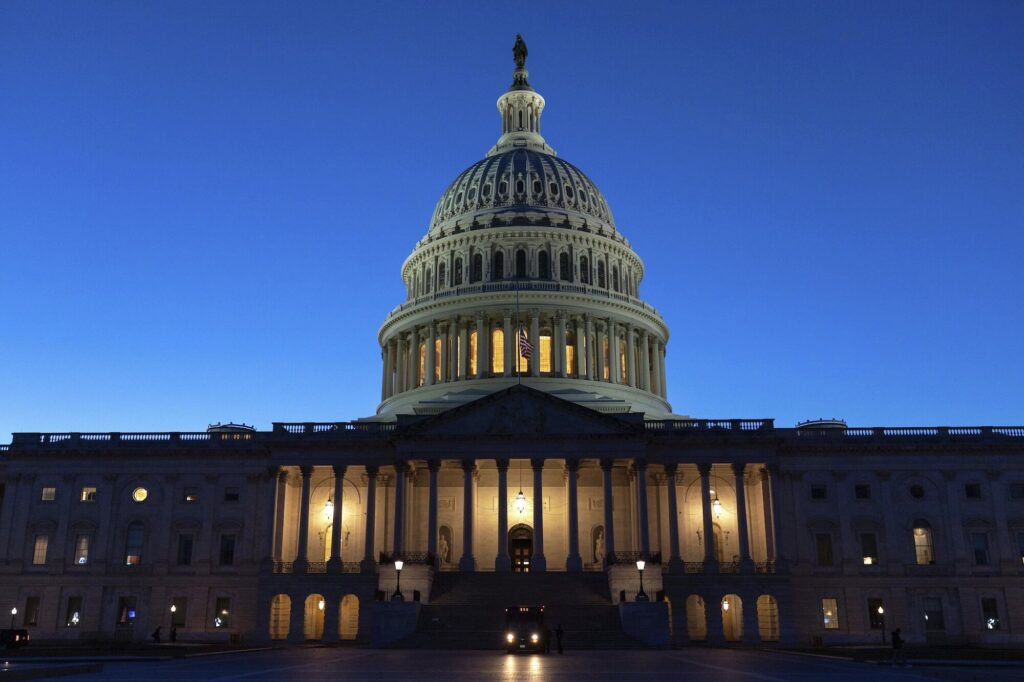Loss of one-time funding sources to impact Denver’s shelter budget
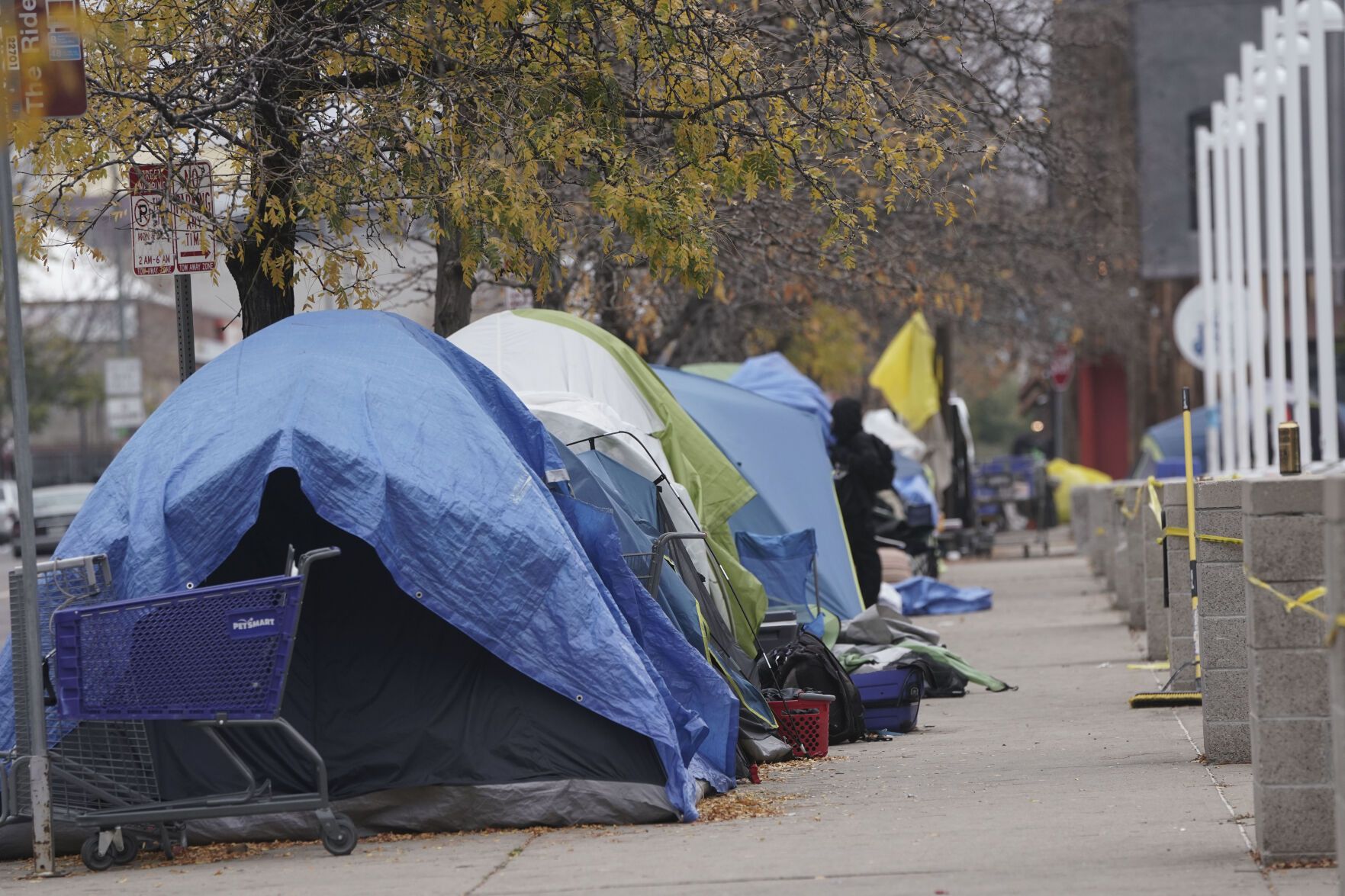
Denver’s Department of Housing Stability presented its slimmed-down 2026 spending plan on Monday as city budget hearings continue.
With a projected general fund request of $71.6 million – down 0.13% from this year – HOST Executive Director Jamie Rife detailed the effects of the city’s loss of one-time federal funding, such as ARPA, for many of its shelter and housing programs.
“This is the year that we are in a budget season where we don’t have the one-time funding anymore that we’ve had, really, since HOST’s inception,” Rife said. “As you know, we were formed four months before the pandemic hit, and did some extraordinary work, but this is the first budget season that we’ve had to create a budget based on an ongoing amount of revenue.”
Focused not only on solving the city’s immediate $200 million budget deficit, department heads have said the goal is to find more long-term ways to increase the efficiency of services to residents while reducing the growth and cost of government.
Department of Housing Stability by the numbers
General Fund: $71.6 million
Homeless Resolution Fund: $51.9 million
Affordable Housing Fund (Linkage Fee): $31.5 million
Affordable Housing Fund (Property tax and other local revenue): $18 million
All other grants, special revenue funds: $32.6 million
TOTAL 2026 Budget: $205.6 million
Deputy Director of Homelessness Resolution and Housing Stability Jeff Kositsky stated that the city is losing nearly $33 million in programmatic funding, which will impact the department’s work.
“I want to point out that most of these cuts are due to losses in one-time funding or federal and state housing vouchers that we no longer have access to, which are impacting our budget.”
Federal funding for homelessness is facing significant cuts in 2026.
“The thing I’m the most worried about in terms of public impact of this is the loss of somewhere around 300 vouchers on housing exits, because those federal and state vouchers we lose, as you know, are the housing exits for the folks with the least capacity to work and support themselves,” Denver Mayor Mike Johnston said. “And so we have a risk of our higher need folks being stuck in the system, not being able to get housing exits. That means fewer open beds sites. That means it’s harder to get folks off the street into those beds, because they turn over less and less.”
This summer, the city announced that it would be terminating leases for two hotel shelters, the Radisson and the Comfort Inn, and closing the Monroe Village micro-community, resulting in a savings of nearly $11 million.
“A lot of these shelters were stood up to address the crisis of encampments in Denver and the impacts on the downtown community in particular,” Kositsky said. “Much of that has been addressed in a pretty dramatic way.”
However, closing shelters will result in a reduction in the number of available shelter beds, prompting the city in 2026 to focus more on reducing the length of stay in order to improve “throughput,” exiting residents to more permanent housing options.
Approximately 18 months ago, the average length of stay in a city-run shelter was consistently over 210 days, according to officials. That number has now dropped to approximately 180 days.
“It’s certainly not perfect, and there’s always going to be work to do, but we have to do better, because we have fewer shelter beds,” Kositsky said. “But the faster that we can get folks housed somewhere, the more it will mitigate the impact of the loss of the shelter beds.”
Three new contracts will be awarded shortly for non-congregate shelter services: $8.7 million for the former DoubleTree, $7 million for Tamarac, and $4.4 million for the Best Western, using a new performance-based criteria to ensure vendors deliver services as agreed.
Rife said there will be no changes to funding for affordable housing units, the city’s severe weather shelter programs, or its down payment assistance programs.
Although fewer people are sleeping on the streets in Denver, the total number of homeless individuals in the city has grown, a new report showed.
This year, a total of 7,327 people were counted as homeless — a number that grew by 788 over 2024, according to the newest annual point-in-time count released by the Metro Denver Homeless Initiative in June.
The count is a nationwide, yearly, unduplicated count of the homeless population conducted on a single night in January.
Since taking office in July 2023, the Johnston administration has spent $155 million to address homelessness — $65 million more than initially estimated.


